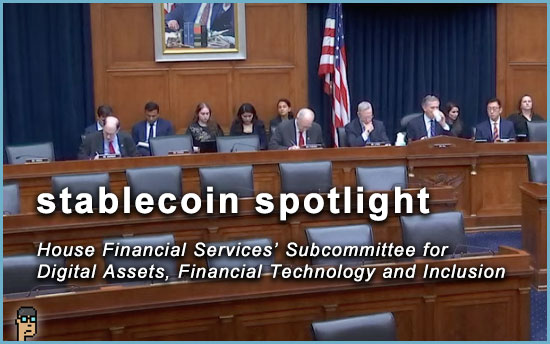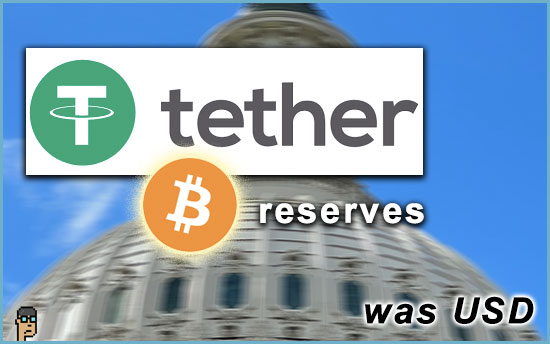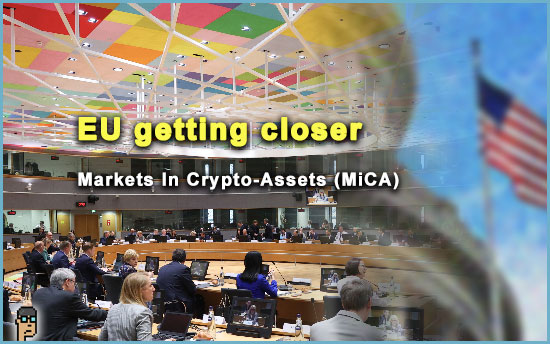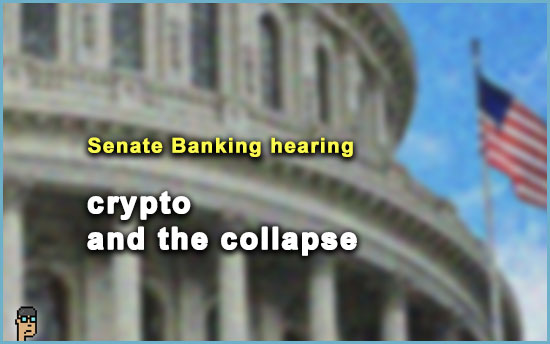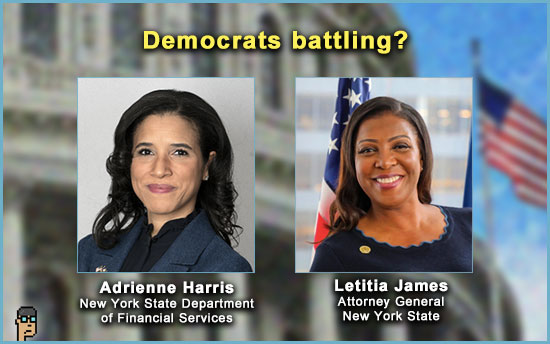Here’s today’s blockchain tipsheet… prefer it by email? Sign up here.
stablecoin hearing
Two differing themes emerged from lawmakers at yesterday’s House Financial Services (HFS) Digital Assets Subcommittee stablecoin hearing at the Rayburn House Office Building. On the Republican side, states rights were a legislative focus whereas Democrats see the need for the involvement of the Federal Reserve. From a tone point-of-view, the Republicans led by Subcommittee Chair Rep. French Hill (R, AR) continue to position with an air of bipartisanship (read his opening remarks) while Democrats led by HFS Ranking Member Rep. Maxine Waters (D, CA) are generally more combative and remain dissatisfied with the majority’s views.
Digital Assets Subcommittee Ranking Member Steven Lynch put it bluntly saying state regulation for stablecoins feeds into crypto companies propensity for seeking out the least restrictive jurisdictions – “a race to the bottom,” he said. Read more in The Block.
CoinDesk’s Jesse Hamilton notes the bright side in all this: “…this and other committees are showing that the stablecoin topic – and crypto more broadly – is important enough to have already warranted several congressional hearings in recent weeks. Most members in both the House and Senate seem to be advocating action, and if they can agree on a stablecoin compromise, it would be a major first step toward U.S. oversight of the industry.” Read more on CoinDesk.
Fox Business Eleanor Terrett commented on Twitter about her view of the hearing, “Seemed to be an overwhelming consensus that stablecoins are not securities and should not be regulated by the SEC, but possibly regulated at the state level.” Continue reading “Stablecoin Legislation Discussion Takes Step Forward; Emmer And Soto Want Clarity”

